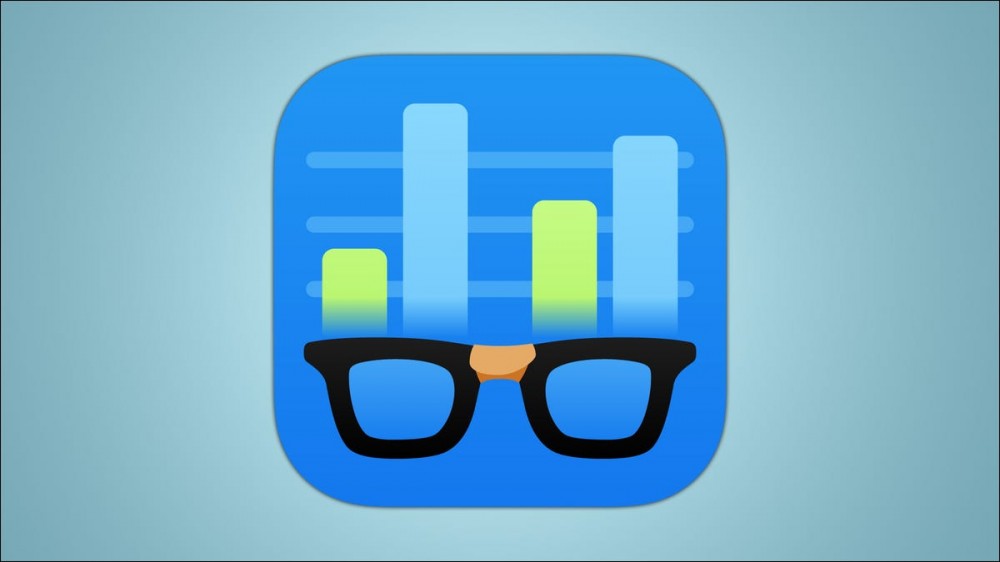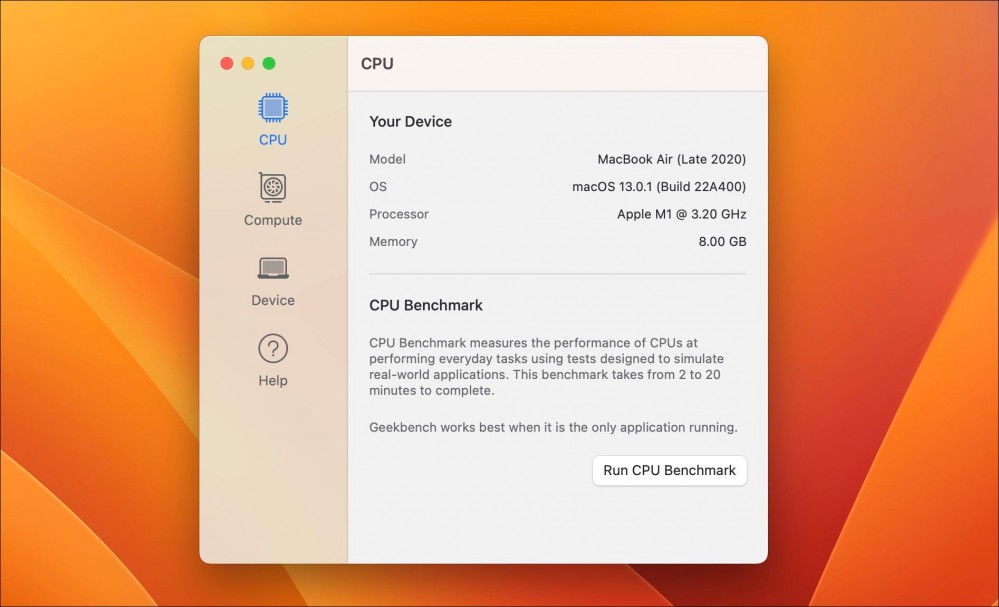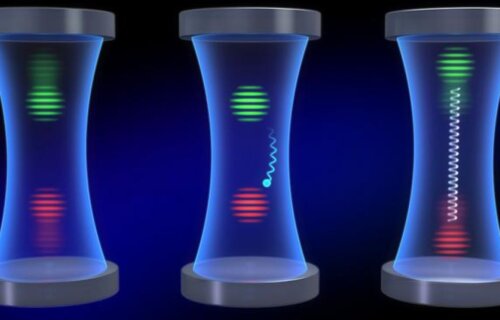

Geekbench is one of the most popular benchmarking tools, allowing you to test how different computers, tablets, and phones stack up in computing performance. Now there’s a brand new version available.
Primate Labs, the developer group behind the utility, has released Geekbench 6. Just like earlier versions, it can run benchmark tests for both CPU and GPU performance, giving you a final score that you can compare against other devices and hardware. However, the exact tests have been tweaked to better reflect how modern software works on a given device.
According to the developers, the CPU benchmark is calibrated against a baseline score of 2,500, which comes from a Dell Precision 3460 with a Core i7-12700 processor. It tests navigation with OpenStreetMap, opening various pages using a background web browser, rendering complex PDF documents, indexing and editing images, and even compiling code. There’s also a GPU benchmark that tests support for OpenCL, CUDA, Metal (on Apple devices), and Vulkan APIs — that last one is new in Geekbench 6.

Just like with previous Geekbench versions, higher scores are better. My M1 MacBook Air earned a CPU score of 2,300 on single-core performance and 8,538 on multi-core performance. After the test is complete, the results are uploaded online and opened in your web browser, which you can then share with others using the page link. Perfect for showing off the performance of your new custom-built PC or shiny new iPad.
Geekbench 6 is available for Mac, Windows, Linux, Android, iPhone, and iPad. The Mac version requires macOS 11 or later, at least 4 GB RAM, and either an Intel or Apple Silicon chip. The Windows version requires 4 GB RAM and Windows 10 or later — there’s apparently no support for ARM Windows, as Geekbench calls for a 64-bit Intel or AMD CPU.
You can download Geekbench 6 from the official site. There is a paid version available, but it’s only required if you want to perform automated testing, use a portable version, or keep your results offline.
Source: Geekbench, Geekbench CPU Explainer










